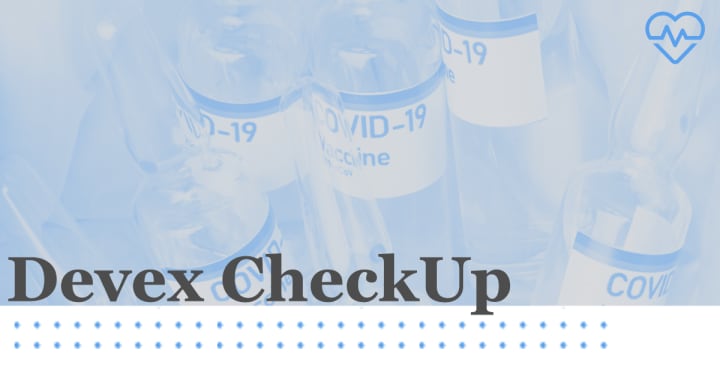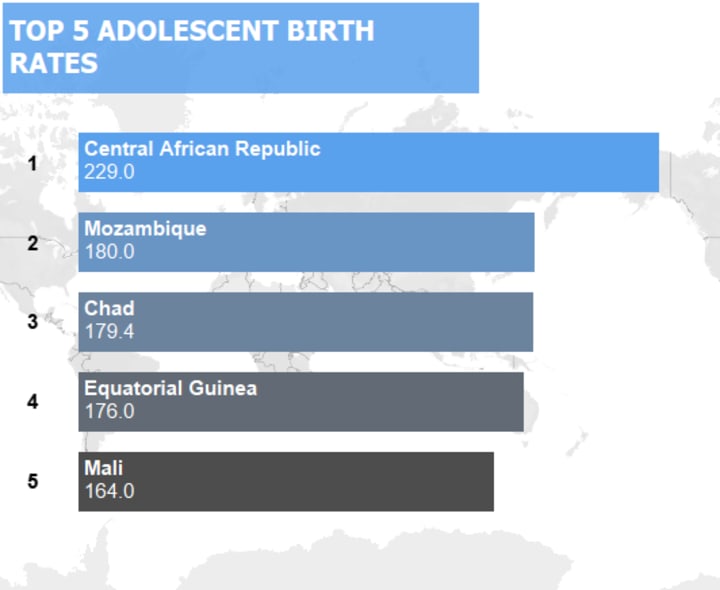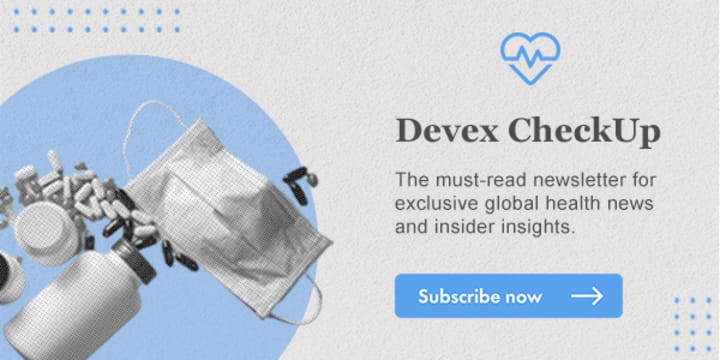
This is a preview of our latest newsletter, Devex CheckUp. Sign up to receive exclusive global health news and insider insights, in your inbox every Thursday.
This time last year, hydroxychloroquine was making headlines. There were high-profile claims about its possible use as a treatment for COVID-19 — ones that didn’t stand up to the scrutiny of clinical trials. And so this week, we’re asking: Is ivermectin just history repeating itself?
• With more attention turning to ivermectin, some large-scale randomized trials may include the drug to gather more data. As doctors debate whether COVID-19 patients should receive it, Jenny asks if there is any merit to the hype.
• The Philippines has seen growing interest in the drug despite warnings from health authorities not to use ivermectin. The Department of Health said it couldn’t guarantee the safety or quality of the drug, which is currently not approved for human intake in the country.
• However, some Indian states have included ivermectin in their COVID-19 treatment protocols — despite WHO’s recent recommendation to only use the drug in clinical trials.
• Vaccine hesitancy and the lack of doses in many countries may explain why the controversial drug can be attractive. With 37 nations and territories yet to start vaccination drives, Sara Jerving reports on why the rollout remains slow in a number of countries that have vaccines.
Exclusive: WHO Foundation gets a reality check
A recent donation from multinational food and beverage company Nestlé to the COVID-19 Solidarity Response Fund, now managed by the WHO Foundation, has sparked concern among some global health community members. But there is no quid pro quo in any contributions, Anil Soni, the foundation’s CEO, tells Jenny in this exclusive story.
There were concerns that such a donation could be a vehicle to influence WHO, which is the main recipient of donations to the fund.
Exclusive: WHO Foundation pushes back against criticism over Nestlé donation
Interactive: What is the state of the world population?

UNFPA’s new “State of World Population 2021” report paints a concerning picture of women's self-determination: 45% of women globally are not empowered to make choices around their own health care, contraception, and consent to sex. Plus, 27% do not have access to comprehensive sexual education. Lisa Cornish delves into the data.
Spotlight on: Venezuela
• Venezuela has one of the lowest vaccination rates in the world: As of April 9, less than 0.4% of the population had received at least one shot of the COVID-19 vaccine, compared to 4.3% in neighboring Colombia.
• Following months of negotiation, the country has finally paid COVAX $64 million — half of the total amount for the 11 million doses expected to inoculate 20% of the population.
• The country has also received 500,000 doses of China’s Sinopharm and 250,000 of Russia’s Sputnik V vaccines.
Read: Augusta Saraiva reports on Venezuela’s messy, political vaccine rollout.
Global health job of the week
Senior Technical Advisor, Covid-19 Vaccine Introduction
Management Sciences for Health
Amman, Jordan
Did you know
According to a new report by the Global Child Nutrition Foundation, 1 in 4 children get meals at school in countries that include a line item of these programs in their national budgets — compared to less than 2 in 10 kids in countries without.
Read: More kids fed when school meals are national budget item, report finds
Quotable
“We need to have the political will to [boost COVID-19 vaccine manufacturing in Africa] ... and that can only be done if we come together as a continent. Otherwise, that’s just a waste of time.”
— Mo Ibrahim, founder, Mo Ibrahim Foundation’Read more on Africa’s push to increase COVID-19 vaccine manufacturing.
What we’re reading
Rollouts of the Johnson & Johnson vaccine have been paused in the U.S., EU, and South Africa after 6 reported cases of rare blood clots in the U.S. [BBC]
WHO calls for a halt in sales of wild animals in food markets to prevent the emergence of new diseases. [Al Jazeera]
Despite evidence that COVID-19 is rarely fatal in young children, Brazil has recorded more than 500 infant deaths from the disease. [BBC]






